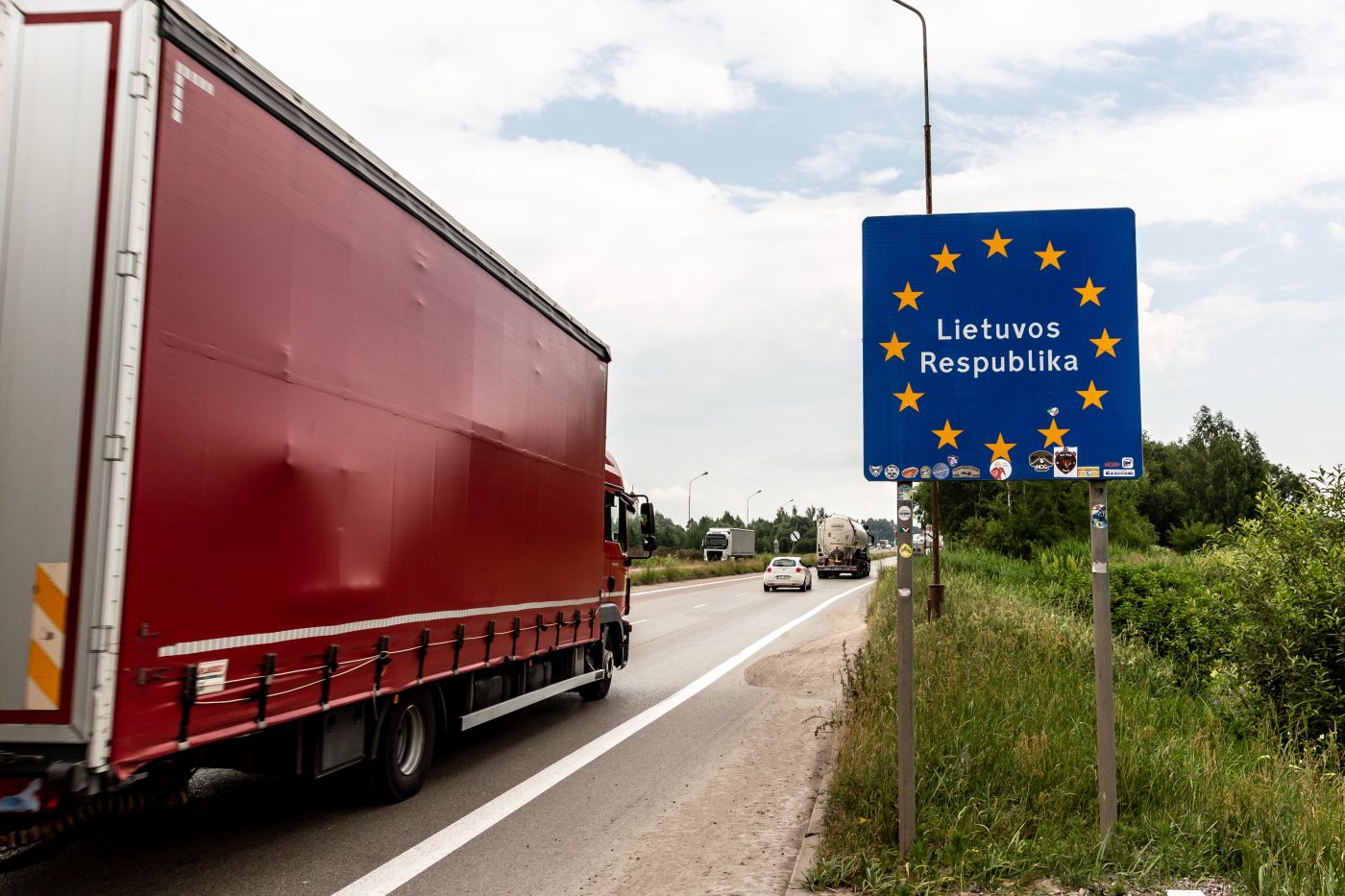Edward Lucas

The way we label places determines how we think about them. For this reason, I have always objected to the term “Eastern Europe”, which was once convenient shorthand for the countries that languished under communism. Taken literally, it never made sense. Prague is west of Vienna. Helsinki and Athens are in the geographical east of the continent, but not part of “Eastern Europe”. Russia’s giant, Kaliningrad-to-Kamchatka land mass busts the category completely.
Even taken as a loose description, it is now completely out of date. Connotations of poverty and backwardness are inaccurate. Poland, on current trends, will be richer than Britain by the end of the decade. Estonia’s digital governance makes most EU and NATO countries look primitive. Nor does geopolitics help: some “East European” countries are hawkish on Russia. Others, to put it mildly, are not. The best place for this outdated and misleading label is the bin.
A similar debate is now raging over another inaccurate term, the “Global South”. A recent commentary in the Financial Times said it was “patronizing, factually inaccurate, a contradiction in terms and a catalyst for political polarization”. Its defenders respond that it is a “geohistorical category”, referring to the countries (mostly but not all of them in the southern hemisphere) that suffered from Western colonialism, and are now poor and marginalized as a result.
That would make more sense if the category did not include Russia and China. Admittedly they are no strangers to colonial oppression—but as perpetrators, not victims. Nor is the wealth gap conclusive. Chile (richer than some EU states) is part of this category, but Australia and New Zealand (which could hardly be more “south”) are not. And Russia’s giant Arctic-hugging landmass (again) busts the category completely. Political views vary hugely, for example, over climate change and pandemic response.
Perhaps the only useful feature of this label is in explaining the difficulty that Ukraine and its allies have found in building a global alliance against Russian aggression. The clearest illustration of this is that two-thirds of the world’s population live in countries—almost all in the “Global South”—that have not applied sanctions to the Kremlin’s war machine.
We should be honest about this debacle. It is not the result of Russian and Chinese influence operations. It is the consequence of self-interested neglect by the big rich countries that mostly run the world. Grievances include the legacy of former colonial powers in Africa, Asia, and Latin America; failed wars in Iraq and Afghanistan and the fallout from the ‘Global War on Terror’; the inadequate response to global warming, especially in fulfilling climate financing commitments under the Paris Agreement; the shortsightedly selfish response to the Covid-19 pandemic in terms of vaccine distribution; lack of urgency and generosity on debt relief accompanied by rich-country protectionism; and underrepresentation in international organizations.
It is hardly surprising that decades of this have fostered the belief that the “rules-based international order” is a Western construct to which even its supporters sometimes only pay lip service. We cannot expect the bulk of the world’s population to care about our issues when we do not care about theirs. We have ignored their hunger, poverty, and insecurity, and now, adding a twist of terrible injustice, Ukrainians are paying the price.
The solution to this may lie in members of our alliances who never had empires and know what it is like to be poor and patronized. In other words, perhaps “Eastern Europe” can help us restore trust and cooperation with the “Global South”. Then we can put both terms to bed—and perhaps dump “the West” as well.
No comments:
Post a Comment